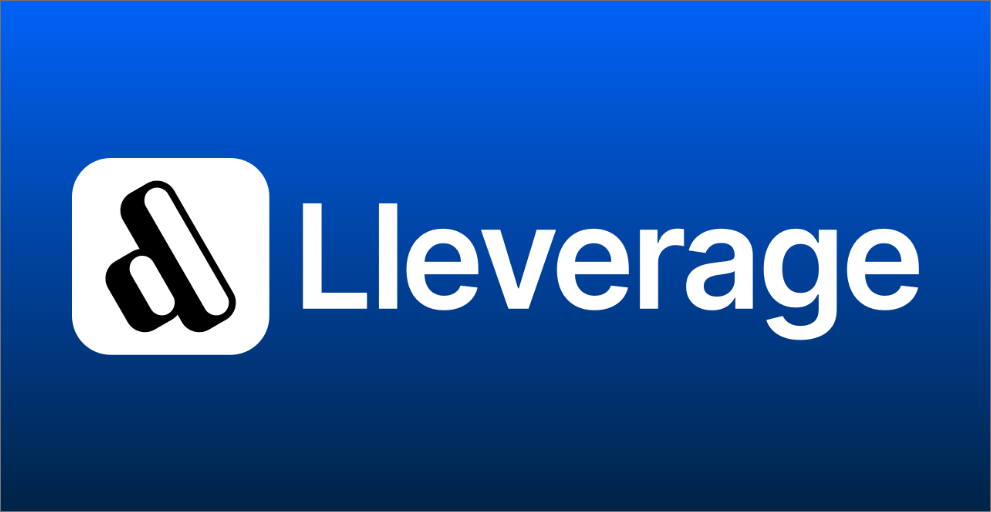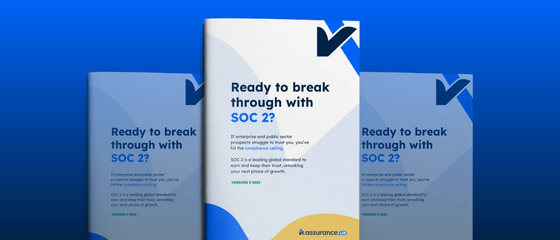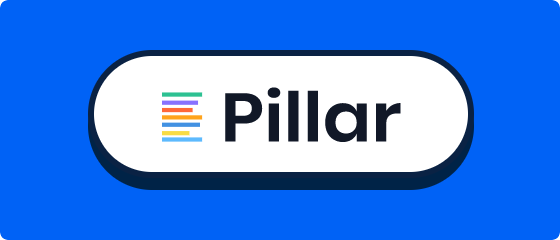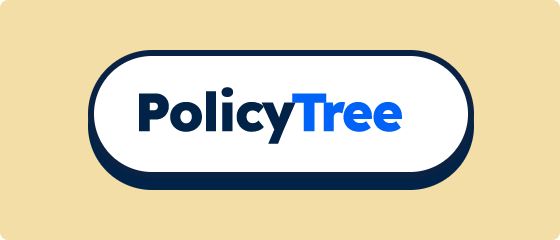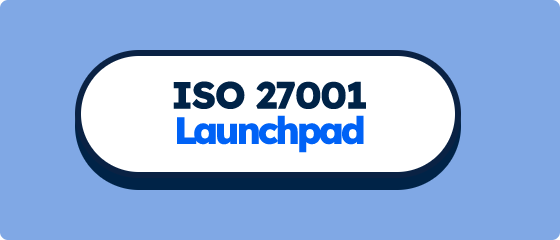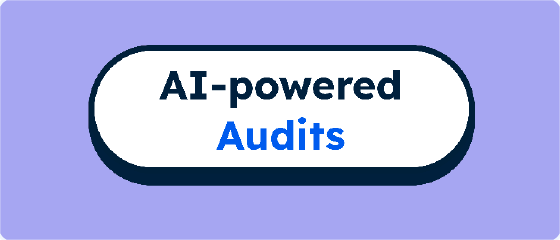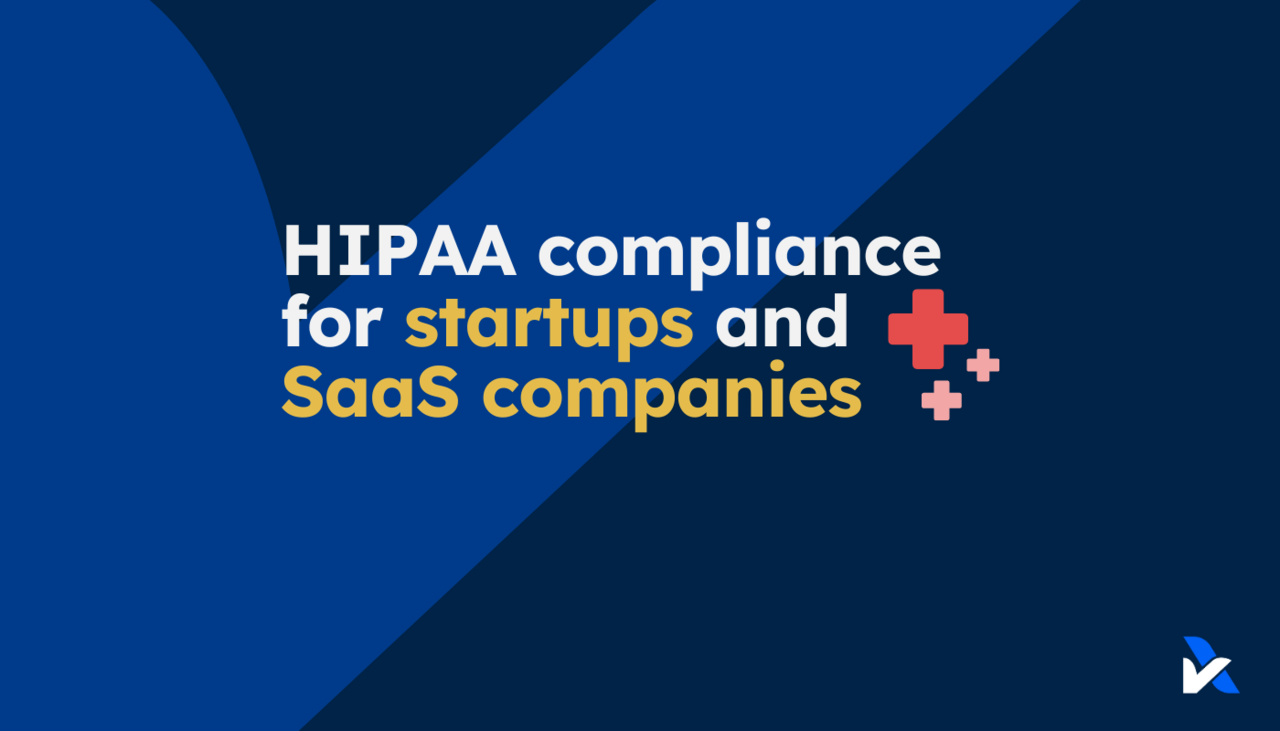
HIPAA compliance for startups and SaaS companies
HIPAA, or the Health Insurance Portability and Accountability Act, sets strict standards on how Protected Health Information (PHI), should be handled, stored and shared. Compliance with HIPAA is mandatory for any entity that deals with PHI.
When it comes to handling sensitive health information, HIPAA compliance isn't just a nice to have; it's a legal necessity. Whether you're a startup just entering the healthcare space or a SaaS company expanding your offerings, understanding HIPAA compliance can be the difference between success and costly setbacks.
What is HIPAA?
HIPAA, or the Health Insurance Portability and Accountability Act, was enacted in 1996 to protect patients' sensitive health information. It sets strict standards on how this information, known as Protected Health Information (PHI), should be handled, stored and shared. Compliance with HIPAA is mandatory for any entity that deals with PHI, including healthcare providers, insurers and their business associates.
HIPAA and startups
For startups, the concept of HIPAA compliance can seem daunting. With limited resources and a focus on growth, it’s easy to feel overwhelmed by the stringent requirements. However, compliance doesn’t have to be an all-consuming task. The key is to focus on the essentials: ensure that your data is encrypted, access is controlled and regular audits are conducted. By addressing these core areas, you can build a strong compliance foundation without overburdening your team.
HIPAA and SaaS companies
If you’re running a SaaS business that handles PHI, HIPAA should be your top priority. This means ensuring your application, infrastructure and data storage all meet HIPAA standards. Many SaaS companies choose to partner with cloud providers that are HIPAA compliant but remember, the responsibility doesn’t stop there. Your application’s architecture must also be designed with security in mind—think encrypted data transmission, robust access controls and detailed audit logs.
Can software be HIPAA compliant?
The short answer is yes, but it’s more nuanced than that. Software can be designed with HIPAA compliance in mind—incorporating features like encryption, access controls and secure data storage. However, compliance isn’t just about the software itself; it’s also about how it’s implemented and used. Even the most secure software won’t protect PHI if your employees aren’t trained properly or your overall processes are lacking.
Automating HIPAA compliance
One of the most effective ways to manage HIPAA compliance is through automation. Automated HIPAA compliance tools can help you streamline the entire process, from conducting risk assessments to managing policies and training staff. Automation reduces the likelihood of human error and helps maintain compliance as your company grows. For SaaS companies, this might involve integrating compliance checks into your software development lifecycle, ensuring that new features are HIPAA-compliant from the outset.
The myth of HIPAA certification
A common misconception is that companies can become "HIPAA certified." In reality, no official certification process exists. Instead, you undergo third-party audits to validate your compliance efforts. These audits demonstrate to customers and partners that you take HIPAA seriously and are doing everything necessary to protect PHI.
Making HIPAA compliance work for you
Achieving HIPAA compliance might seem like a huge undertaking, but it’s manageable with the right approach. By focusing on the essentials, leveraging automation and understanding your responsibilities, you can meet HIPAA requirements without impacting your company’s growth. Whether you’re a startup or a SaaS company, the key is to integrate compliance into your processes, so you can not only meet these regulations but also build trust with your clients and grow your business confidently.
Our team at AssuranceLab is here to help you navigate these complex requirements, assess your compliance needs, and conduct the necessary audits to prove your commitment to privacy. Get in touch today!
